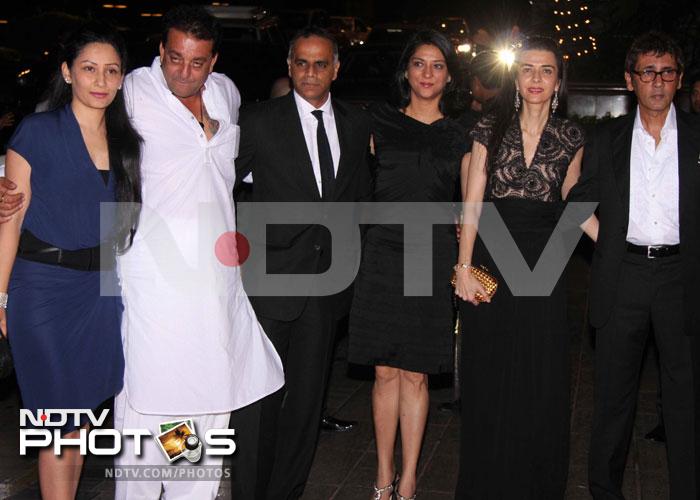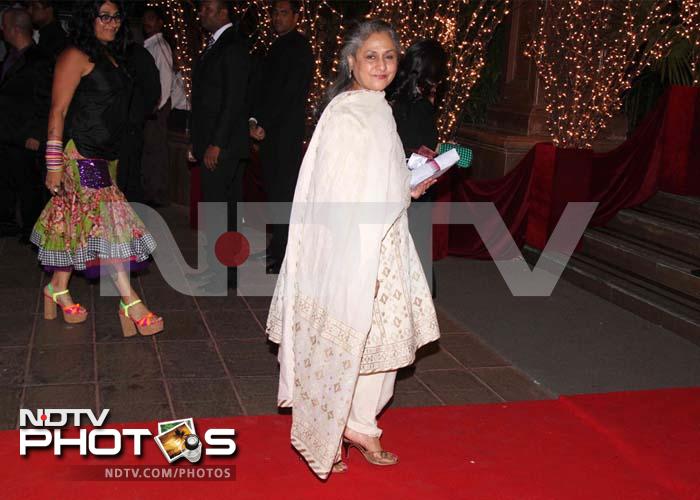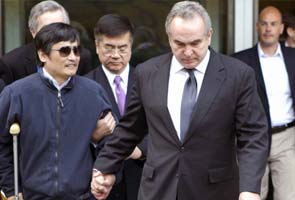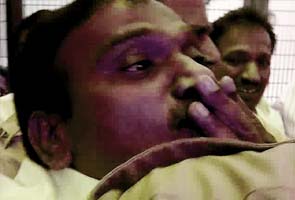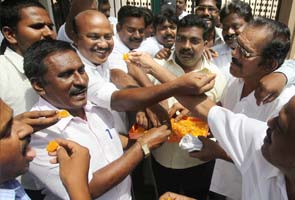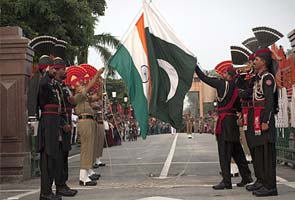Nobody's child: Adopted at 3 months from
India, 30 year old becomes global orphan
WASHINGTON: She's nobody's child. Orphaned at birth and losing her
adoptive mother at eight was rough enough. But stateless at 17 after
being disenfranchised and disowned by both her adopted country and the
country of her birth -- how much more cruel can the world be, except of
course to punish her with debilitating multiple sclerosis when she is
fighting a pitiless legal system?
In a heart-breaking case that reveals the remorseless nature of governments, bureaucracies, and the judicial system, Kairi Abha Shepherd,
now 30, who was adopted from Kolkata when she was only three months old
by an American single mother from Utah, has been ordered to be deported
to India, a country she has never lived in or visited.
Shorn
of technicalities, the complicated case boils down to this: Kairi's
mother Erlene, an American do-gooder who adopted 11 children from across
the world, many of them with disabilities, did not complete the
paperwork and other formalities that would have made the India-born
child a US citizen, before she (the single mother) died of cancer when the adopted child was only eight.
Still, Kairi might have navigated the system with the help of her
siblings and her mother's friends and come out unscathed. But at 17, she
was arrested and convicted of felony check forgery to fuel a drug
habit. That brought her under the shadow of the Illegal Immigration
Reform and Immigrant Responsibility Act of 1996 that allowed
deportations of legal permanent residents convicted of non-violent
crimes. In 2004, Kairi was convicted on forgery charges, a crime of
''moral turpitude'' that was covered under the 1996 Act for deportation
even after she served a prison sentence.
Soon the bureaucracy,
procedures, and technicalities took over. Kairi's lawyers produced a
birth certificate, legal adoption papers, and documentation to show that
she qualified for citizenship under the Child Citizenship Act of 2000
and won favourable rulings from an immigration judge. But government
prosecutors returned to show that she missed qualifying for the Child
Citizenship Act by a few months and appealed the immigration judge's
ruling.
Earlier this month, Judge Scott Matheson of the 10th
circuit court, in a 23-page decision, wrote the court simply didn't have
jurisdiction over determining Shepherd's legal status, a ruling that
virtually upheld the federal government's right to remove her from the
country.
''She just fell between the cracks,'' Kairi's attorney Alan Smith,
who is working pro-bono on the case, told TOI in an interview. ''In my
30 years of legal practice, I have never seen anything like this.''
Smith and a group of lawyers who have volunteered to represent Kairi are now conferring about appealing to the US Supreme Court in the 45-day window before US immigration officials begin deportation proceedings. Not that either process will be easy.
Immigration authorities must first determine whether the country of
origin will admit the person being returned, and there is no word from
New Delhi yet on that. Besides, Smith and his team are also petitioning
authorities to hold her removal in abeyance in light of her medical
condition.
''We want authorities to hold back deportation
proceedings till we exhaust all legal avenues." Smith said. ''Our
biggest fear is that she might find it hard to survive in India with her
multiple sclerosis condition with no support.''
Currently
incommunicado fearing imminent deportation, Kairi is in touch with her
attorneys over phone and email. She's a global orphan.

